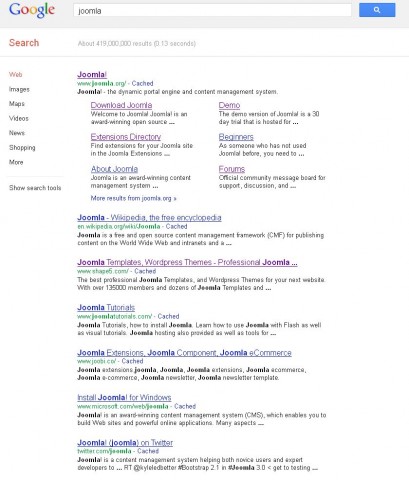A very powerful thought that I stumbled upon in Bend Hunts excellent book Convert!: Designing Web Sites to Increase Traffic and Conversion. And it makes sense. A lot.
A primary goal of all search engines is to find pages that are liked by the people and put them on the top of the result list. Having the best pages on that list means visitors will be satisfied by the results and will come back whenever they will be looking for something. On the other hand having results full of SEO optimized pages that are only preferred by the web spiders means real people will be less satisfied and sooner or later they will stop to rely on your search, less people means less advertising and - you know how it ends. So be assured that every second in the day there is an army of engineers working at Google headquarters to find a way to filter out web pages whose importance was artificially inflated by the SEO techniques and push them back to where they belong. No such shady technique, no matter how clever it might seem at the moment will continue to work for long - with every Google update thousands of pages find themselves demoted to the level of unimportance.
The only way for long term success it to give search engines what they desire - good content. Content that people find interesting, valuable and unique. Original topics or new solutions to the old problems, short, concise and "right to the point" writing style articles are more likely to get inbound links from blogs around the world than some boring, generic description of the field than can be as well picked from a dictionary. The more competition there is, the bigger is the need for important content and reliable sources. Of course you need to get the word out or nobody will know about it, but if you got the news it will spread and the bigger it is, the faster it will go.
Instead of digging the web on topics on how to fool a system with SEO, get a book or two on PR and jurnalism. If you will create enough interesting content the world will come (almost) by itself.



